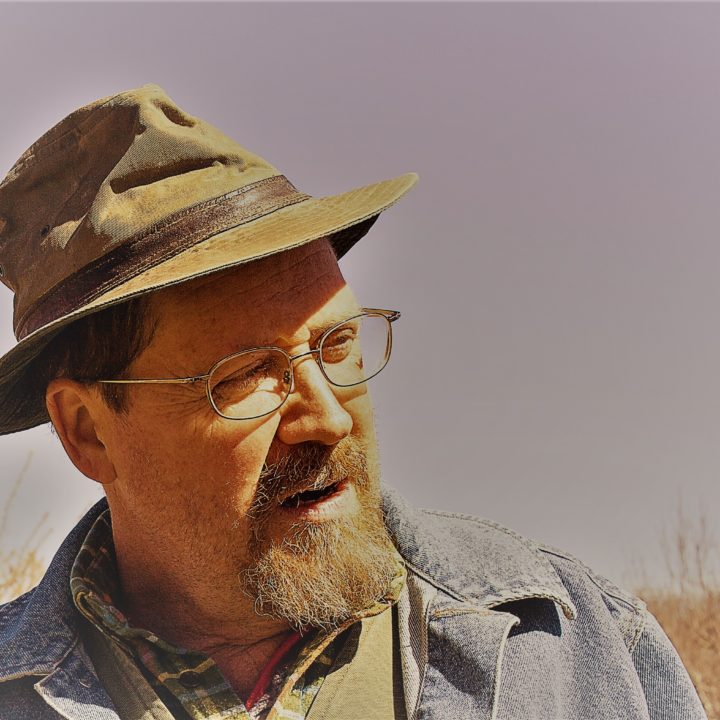A week ago last Thursday I heard what sounded like the hiss of a fire. I sprinted from the kitchen in alarm, only to realize that a hard rain was falling on our metal roof. It ended a short 10 minutes later, giving us a meager two-tenths of an inch, qualifying as the only precipitation in the month of October. Add to it one rainfall in September and another the first of August and we have slipped into extreme drought this early November.

The fields on our farm are rock hard and parched from the topsoil on down. This week we planted our annual garlic crop in a four-inch layer of dust. On a trip to Georgia last Monday, we drove through an hour and half of smoke from the mountains; the newspapers report that north Georgia and Alabama are on fire.
Farming requires an optimism that good times will return sooner than later. But it also requires a pessimism, a conservatism that leads us to prepare for the worst, to be resilient. So we hoard our water supply (when cisterns and well-house spigots are not left on and forgotten absentmindedly). We stockpile hay, we mulch, we sell unused and unneeded equipment, and we cull old, ornery, and unproductive livestock.
Last year also began in drought. A slim first hay cutting forced us to cut our flock of Katahdins by half. Eventually the rains returned, rejuvenating our pastures and restoring our confidence in the number of mouths we could afford to feed through winter and lambing. The 2016 winter-spring lambing season rewarded us with a hefty crop of lambs, and we were able to sell off many of our weanlings, some to customers stocking their own freezers, some to individuals wanting to begin flocks of their own. It’s an annual event that brings in needed farm income and hedges our bets against the future.
In this period of extreme drought, it was with some surprise to us that we purchased another eight ewes and a yearling ram a week ago. The decision was based on simple economics: the ewes were all bred and offered at a price we couldn’t pass up, the owner having sold out because of the drought. We have an adequate stock of hay on hand and assurances to purchase more at pre-drought prices, and with that as security, we made the decision to carry an expanded flock through winter.
Yesterday, after a morning spent castrating piglets, we spent the afternoon working the sheep. We trimmed hooves, wormed a couple, and separated out the rams and market wethers from the ewes. With the ewes beginning lambing season in January, pulling the boys will help the females maintain condition and prevent a late lambing. The males are segregated in another paddock, where the rams will recondition after servicing the ewes and this year’s wethers will continue to grow out before being butchered in February.
The task of separating rams and wethers is always a bit of a rodeo. First we enclose them in a pen, with Cindy working the gate while I wade into the flock. She points and I grab, lifting the chosen one off his front legs. At between 125 pounds for the wethers and 175 for the older ram, the boys give me a workout. Once I have a firm grip, Cindy opens gates and I haul the sheep out to the corral. Then our English shepherd, Becky, moves them to another paddock as the ewes cluster around the gates for the farewell.
Such is the recipe for our farming decisions: pragmatic optimism, seasoned with conservative management of resources; ample hard work; choices made based on what is possible. Ah, that our political leaders adhered to the same.
Reading this weekend: Alternative Agriculture: a history from the Black Death to the present day. By Joan Thirsk






